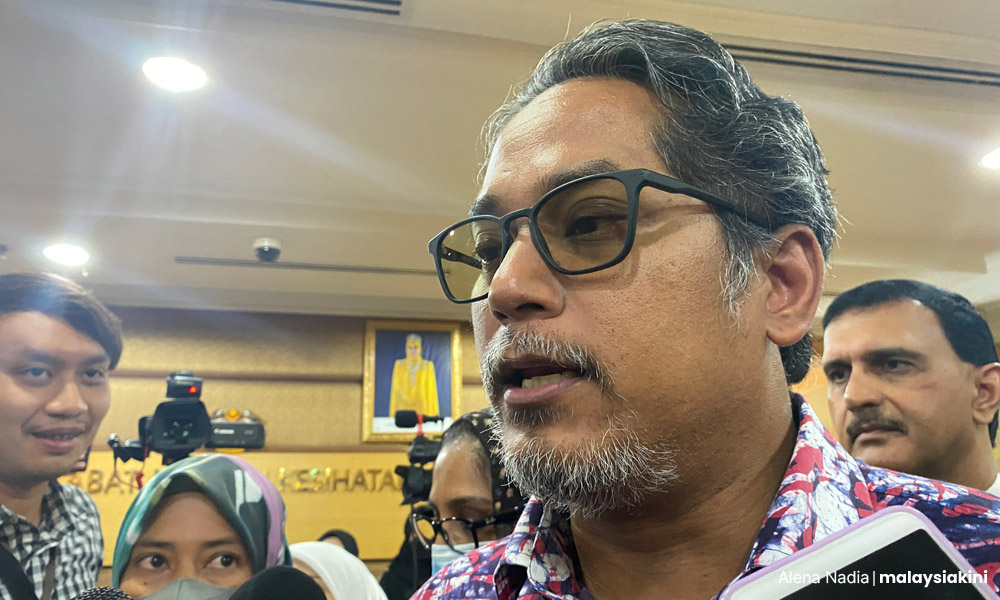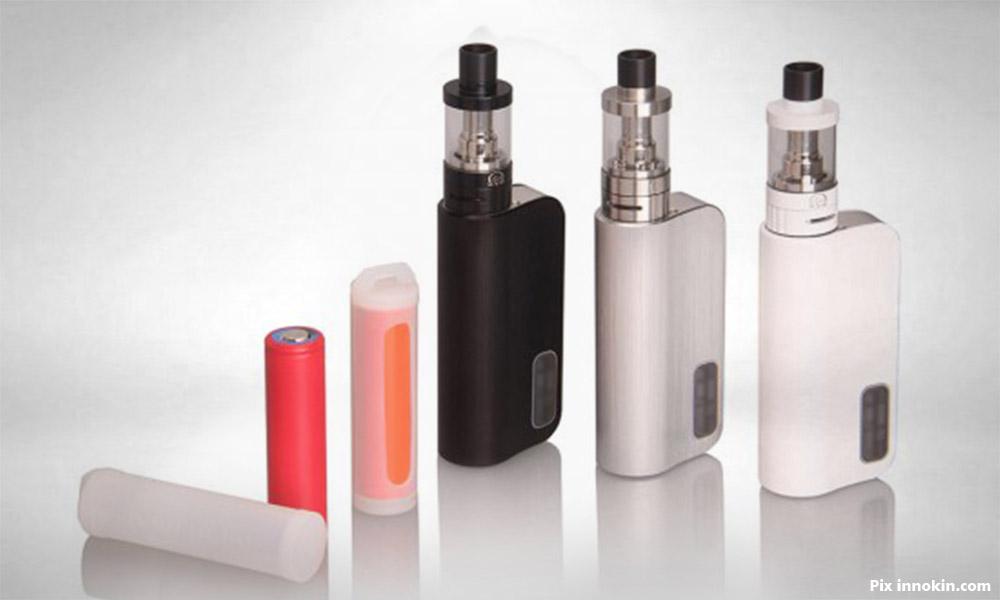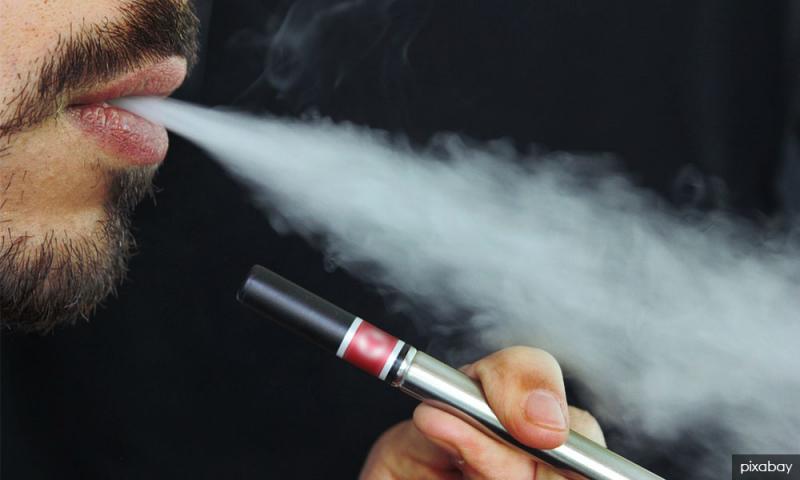LETTER | Govt must not think short-term in collecting vape taxes
LETTER | The recent move to amend the Poisons Act to exempt nicotine has essentially legalised vaping in Malaysia.
While this may be a win-win action for the government which needs to increase its tax collection and the vape industry which has been struggling post-pandemic, it may just be a short-sighted decision if meaningful changes are not made to define the new nicotine products in the market.
With innovation, tobacco players have moved from cigarettes to non-combustible products namely vape, e-cigarettes and heated tobacco products.
With the advancement in science and technology, there will be new products that will come into the market in the next few years and therefore, the regulations in Malaysia on tobacco control must keep up with the times.
Exempting nicotine from the Poisons Act is just one way to allow the government to collect taxes from the vape industry immediately.
Prime Minister Anwar Ibrahim has vowed to re-table the Generation End Game (GEG) Bill, which was tabled by former health minister Khairy Jamaluddin last year in the previous parliamentary term.

True to the Madani governing framework of inclusivity, the prime minister has reiterated that a ban on smokers and vapers is not a viable option.
Instead, he favoured education and fiscal control as the way forward. This is commendable thinking given that 20 percent of the Malaysian adult population identify as smokers and/or vapers.
GEG is a contentious bill, given the fact that it curtails the freedom of choice for adults who turn 18 after a certain agreed period and beyond from purchasing tobacco products.
While this is a noble intention, the fact remains it is a restrictive policy for young adults, after all, the ban remains for those who are below 18. This is not to mention the potential mess in enforcement which will make a mockery out of this noble intention.
As the government has some time before re-tabling the GEG bill in the next session, it ought to consider other safeguards to ensure that smoking and vaping incidences are reduced.
There are three points that the government should do to ensure that the re-tabled bill will be forward-looking and protects the health of our younger generation.
First, the government should push for clear category differentiation of combustible and non-combustible tobacco products. Combustible will cover all the traditional ways of smoking such as cigarettes and cigars.

Where else non-combustible will include vape, e-cigarette, heated tobacco, tobacco pods, shisha and the like of it.
A clearer distinction will help the government in regulating the different categories better, including deciding what taxes to impose.
The best form of taxation for tobacco products should be linked to its risk - higher the risk, the more taxes we collect.
On this note, it is high time the government conduct studies on the risks of vaping and other smokeless products locally to ascertain the independent studies which claim that smokeless products are less harmful to individual and communal health.
The medical community which has been against this need to ask themselves, are they committed to the principles of science?
If they are, then they need to support localised studies to ascertain the claims and use them as a guideline to draft more effective tobacco control policies.
Second, there needs to be a clearer definition of what smoking is, and what vaping is. The lack of clarity will lead to a lot of grey areas as to what is what.
Moreover, youth all over the world is facing this vaping epidemic. Our government needs to be strict on these vapes - defining clearly the maximum nicotine content and flavours which are allowed.
It is widely known that the flavours- especially the sweet ones that mimic juice and candy are attracting youth to take up vaping.
Apart from that is the affordability of vapes in the market. Flavour preferences change with age, and so does spending power. Maybe if that is the case, vaping minimum age should be increased to 21 instead of banning them outright.
Third, there needs to be an educational element to safeguard the young ones from the harm of vaping. Vaping is not risk-free and those below 18 should be shielded from it at all costs.
Educate stakeholders
Therefore, the government should be more aggressive on vaping just like it did when it was waging war against cigarettes.
Sloganeering alone is not enough. Governments must educate and engage our youth on the dangers of vaping and educate parents and teachers on how to spot whether your under-aged teens are vaping.
The re-tabling of the new GEG bill or Tobacco Control Bill by the government is an opportunity to correct the rushed job done by the Health Ministry in the last parliamentary term.
It is hoped that this government listens and considers all views in drafting a policy that will help to regulate tobacco consumption in Malaysia, but also be efficient in collecting taxes so that it could help finance the country’s development needs.
The prime minister has made a wise first move and it is hoped that the Health Ministry will take heed this time.
The views expressed here are those of the author/contributor and do not necessarily represent the views of Malaysiakini.
RM12.50 / month
- Unlimited access to award-winning journalism
- Comment and share your opinions on all our articles
- Gift interesting stories to your friends
- Tax deductable
